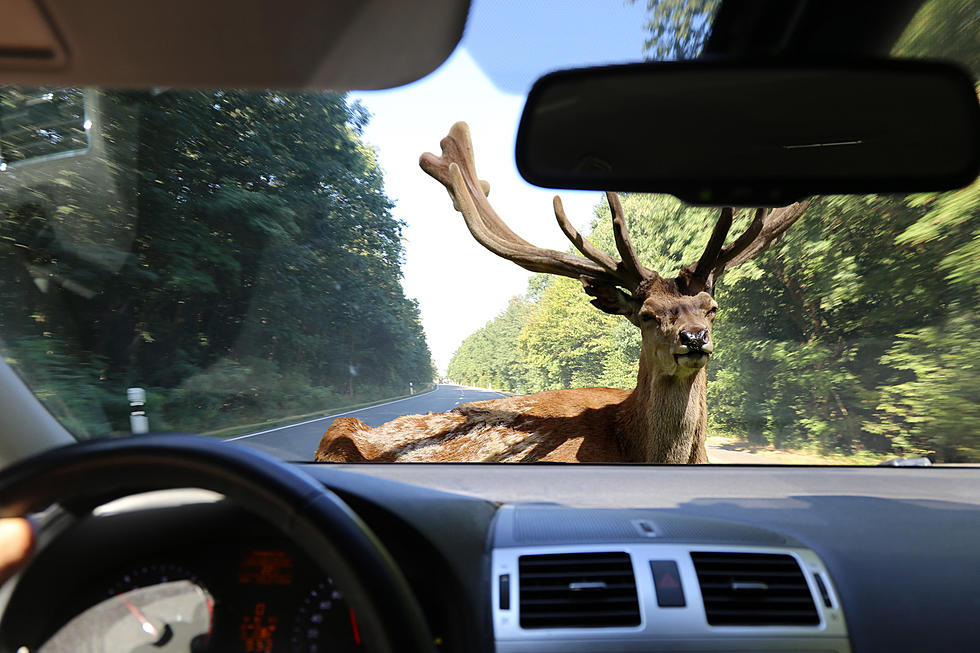
Who Cleans Up Roadkill In New York State?
Can we discuss roadkill? I have questions, and I need answers.

Every day during our travels to wherever (okay, almost every day), we pass by a wild animal that met its maker while trying to cross the road to get to the other side.
I've often wondered, especially with larger animals such as deer, who exactly is responsible for disposing of the carcass? Let's find out.
The New York State Department of Environmental Conservation, notes that if you hit a deer, you should contact the local highway department. They have procedures in place. If you don't know how to reach the highway department, you could contact the local police agency for information.
Also, contact your insurance company if there is any damage, and you can also contact a local police agency as well if needed.
What if you happen to come across dead wildlife not related to a roadway incident? According to the NYS DEC, there are certain wildlife that you can submit to the New York State Wildlife Health Program for examination and diagnosis.
Here are some examples from the NYS DEC:
- Deer exhibiting neurologic signs and/or are thin or are found dead and appear to be thin. Any live or dead deer with ear tags or any live or dead elk, Sika, or Fallow deer. Any dead moose including road kills.
- All bald or golden eagles and peregrine falcons. Other raptors that are found dead of unknown causes.
- Loons, swans, ravens, or avian vagrants.
- Wildlife of special interest or marked/tagged specimens (e.g. endangered/threatened animals; research study animals) regardless of the cause of death appears obvious.
- Bobcat, otter, fisher, weasels, and mink.
- Any mass mortality or recurring mortality of any species.
- More than a single animal that is found dead in a small area or short period of time.
- All reptiles, salamanders, and frogs.
- Exotic or captive species.
The NYS DEC notes that if you suspect the animal is rabid, report it to your local county or municipal health departments.
For more information, contact the nearest DEC Regional Wildlife Office, or call the Wildlife Health Unit directly at (518) 478-2203. You can also contact them at wildlifehealth@dec.ny.gov.
And again, for the removal of dead animals you or someone else hit by a vehicle, contact the local highway department.
The Tallest Peaks Of Each Southern Tier County (And A Few From Northeast Pennsylvania)
Gallery Credit: David Hermanovitch
46 Famous Athletes With Ties to the Binghamton Area
Gallery Credit: Traci Taylor
9 Upstate New York Oddities
Gallery Credit: Olivia Sturgell
